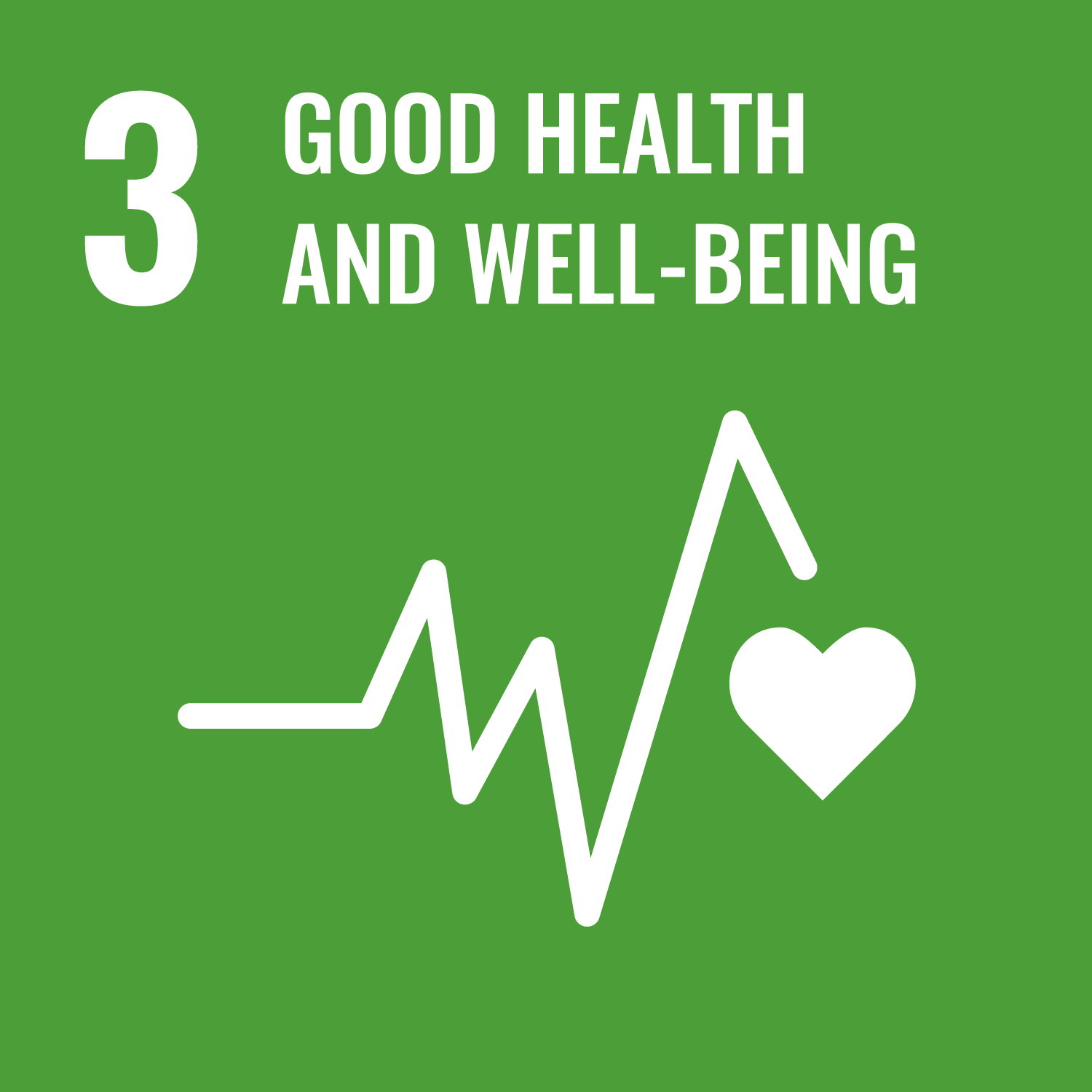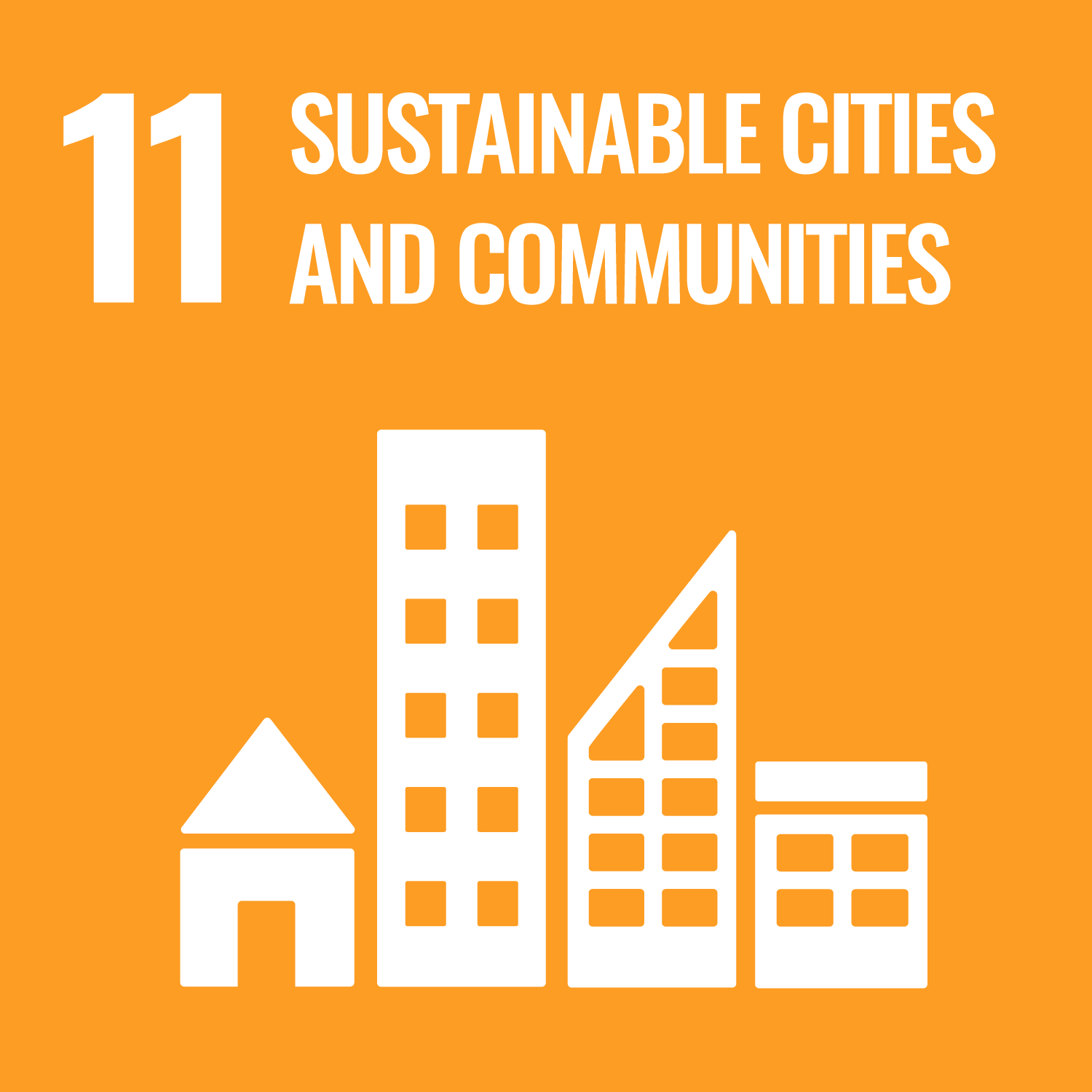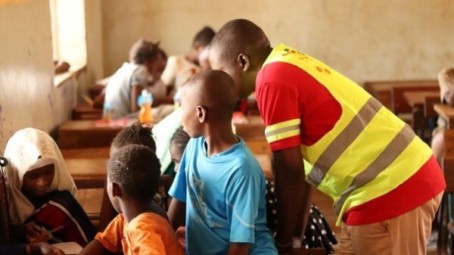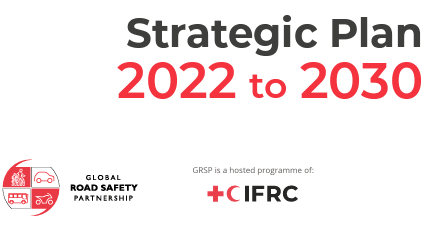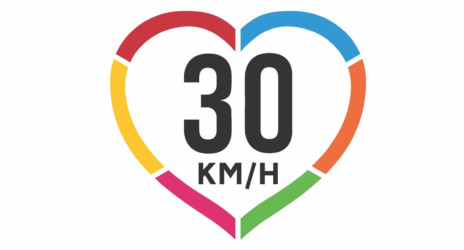Assessing projects in Palestine and Lebanon
As the EuroMed Road Safety Programme nears its end, beneficiary countries look back and evaluate their pilot projects. To assist with this, an internal review tool was specifically developed by the PMER department at IFRC MENA. Whilst the tool does not replace a formal external project audit, it is an effective method to auto-assess a road safety project to see if it met the original goals or if it diverted or achieved successes other than those planned.
Two workshops were held in Beirut to train Lebanese and Palestinian delegates.
The project in Lebanon dealt with ‘Data Reforms, Reducing Speed and Drinking & Driving on the Antelias – Jbeil Highway’. Its main achievements were improved data collection and analysis as well as an overhaul to the crash report template. Stakeholders have expressed their wish to see the new template adopted throughout the country.
In Palestine, the objective was to increase road safety around 6 to 8 Schools in the Jerusalem District. What deserved praise in the project was despite many political challenges and a lack of funding support from the private sector, the project was endorsed by all involved from school teachers to students, parents and government officials. ‘’Such an ownership can only lead one to feel proud’’ said Samar Abouraad, GRSP MENA Region Manager and EuroMed Road Safety Team Leader.
With delegates from Tunisia, Lebanon and Palestine now trained on the evaluation tools, four more beneficiary countries remain together with a final EuroMed Regional Workshop and closing seminar to be held in Brussels on December 2 and 3.
